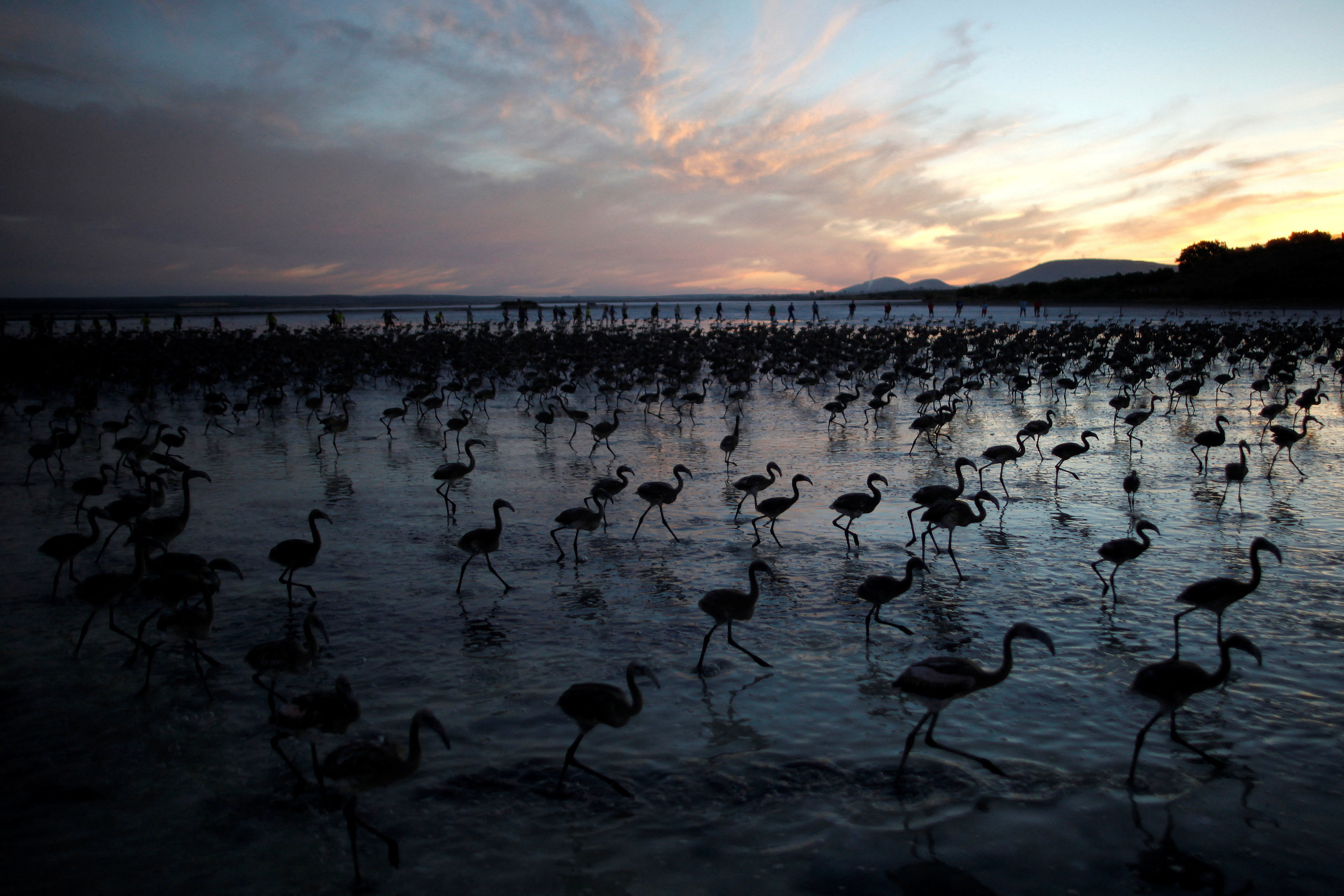BRUSSELS, June 1 (Reuters) – European Parliament lawmakers said they had reached a compromise deal on European Union plans to restore damaged natural ecosystems, even after the biggest group walked out of negotiations.
European People’s Party (EPP) lawmakers quit the negotiations on Wednesday, saying its concerns about taking land from farming had not been addressed. But lawmakers from other political groups said on Thursday they had reached deal with enough support to pass a Parliament committee vote on June 15.
The proposal aims to tackle the rapid decline in species numbers and in the health of Europe’s ecosystems, by fostering healthy habitats that can support sustainable farming, store CO2 and reduce the impact of extreme weather like floods.
But it has sparked a fierce political debate, with some governments questioning whether the EU is pushing through too much environmental regulation and tangling industries in red tape.
It is not clear if the law would survive a July vote in the full EU Parliament.
“Failure to pass this law would have dire consequences for food security, for the climate, for our economy, for the functioning of our ecosystems and for the biodiversity that sustains life on our planet,” said Parliament’s lead lawmaker on the nature proposal, Cesar Luena.
A majority of EU lawmakers could block the law. The EPP represents only 177 of the Parliament’s roughly 700 lawmakers, meaning it would need backing from other groups to sink it.
Irish Prime Minister Leo Varadkar said on Thursday he supported a law to address the “phenomenal” loss of biodiversity, but raised concerns that the proposal could result in agricultural land being taken out of use for food production.
“We’re not in a position to endorse the law as is currently proposed,” Varadkar said.
The EU Commission has rejected the idea that the law will endanger food security, pointing to evidence that climate change and plummeting biodiversity are core threats to food production.
The proposal would require countries to introduce measures to restore nature in 20% of their land and sea. Separate targets would, for example, require countries to maintain green spaces in cities, or revive peatlands.
Brussels says the law is designed to allow economic activities to continue in areas where nature is being restored – including farming and building wind farms.

